Leiden Observatory
Devious political maneuvering and four ancient, working telescopes are central to the world's second-oldest observatory.
The Old Observatory of Leiden is the oldest university observatory in the world. Built in 1860 by the Dutch astronomer Frederik Kaiser, rather than take a streamlined approach in its construction, the architects chose to model it after a Russian palace.
What resulted was a stunning edifice housing four antique telescopes, the oldest including a wooden specimen dating back to 1838. All four telescopes remain in working order to this day, and are occasionally brought out upon request for demonstrations.
When the time came for the University Board and the Kaiser to reach an agreement upon where the observatory would be located, a brutal political feud ensued. In popular history it is said that the Director of the University called a meeting between the two warring parties: Kaiser (Director of the Observatory) and the Director of the Hortus Botanicus. Only the latter did not show for the meeting, as he had been dispatched – through much political maneuvering – literally around the world at a “most inconvenient time.” The result was the Hortis Botanicus’ worst nightmare and Kaiser’s dream come true: Leiden’s observatory was to be constructed amidst the city’s botanical garden, where it still stands today.
For decades after its completion, Leiden’s observatory remained one of the most important centers of astronomy, and was the working home of many famous astronomers, including Oort, Hertzsprung, and De Sitter, to name a few. In the early 20th century, an astrophysical (spectroscopy and photometry of stars) and a theoretical division was added to the existing departments of study.
In 1975 the practicing astronomers were relocated out of Leiden itself to to complete their active studies, though the original old observatory at Leiden remains the symbolic heart of astronomy in the Netherlands. In 2010, the original observatory underwent an extensive restoration process, where in addition to its antique telescopes and small visitor center accessible via tour or special open days, it continues to be a functioning law faculty building.
Know Before You Go
Enter trough the Hortus Botanicus and get in for free on Wednesday, or in the weekend between 11-5. If you book a tour, then you enter via a different route.Also open during holidays and special astronomy events.








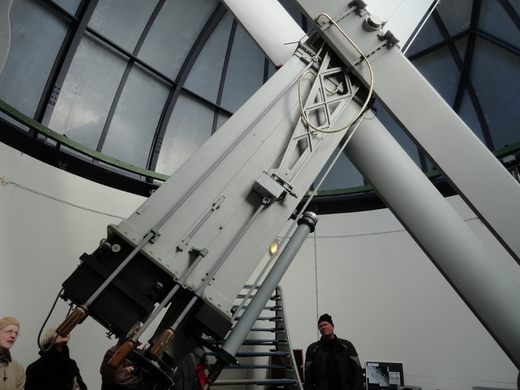

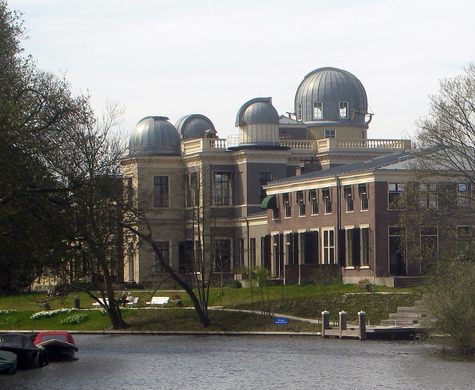
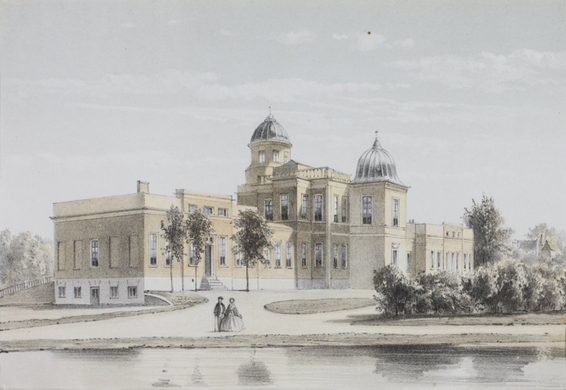
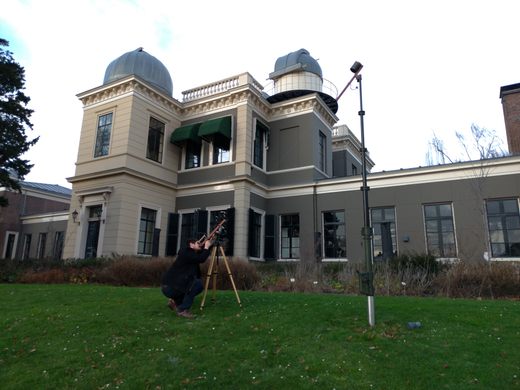
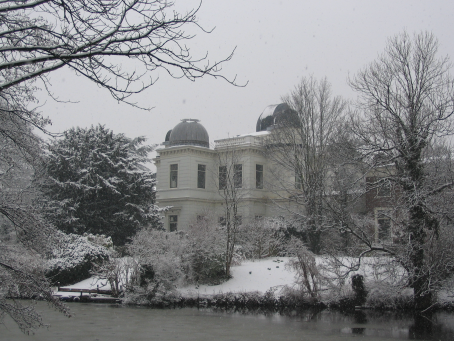
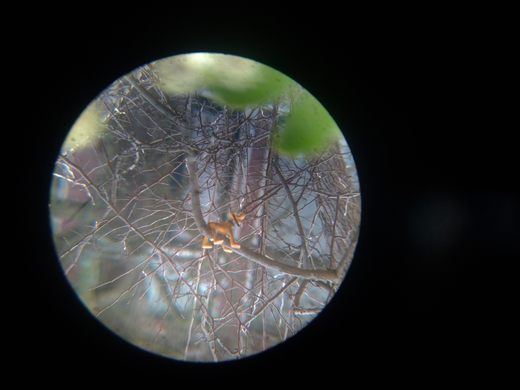



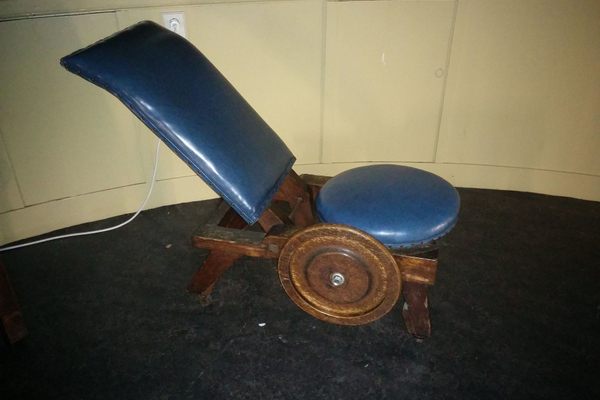




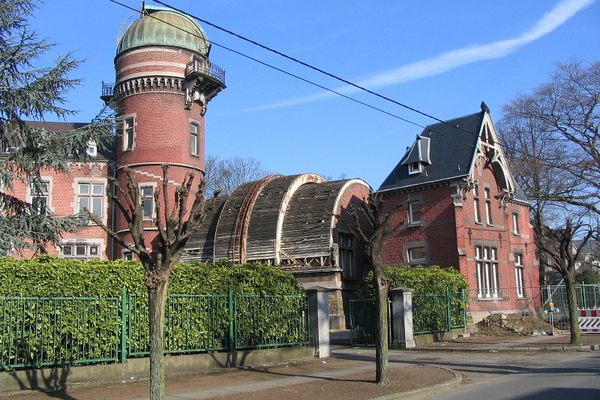

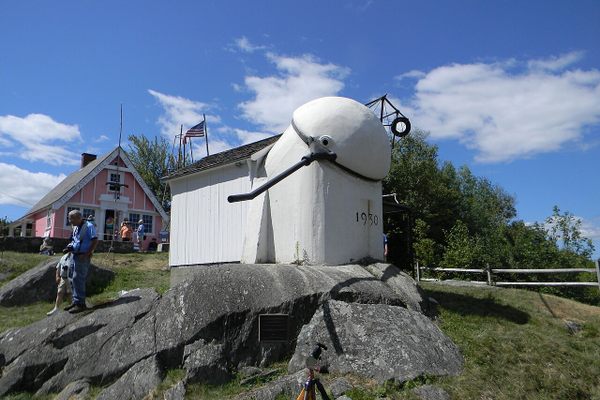

Follow us on Twitter to get the latest on the world's hidden wonders.
Like us on Facebook to get the latest on the world's hidden wonders.
Follow us on Twitter Like us on Facebook